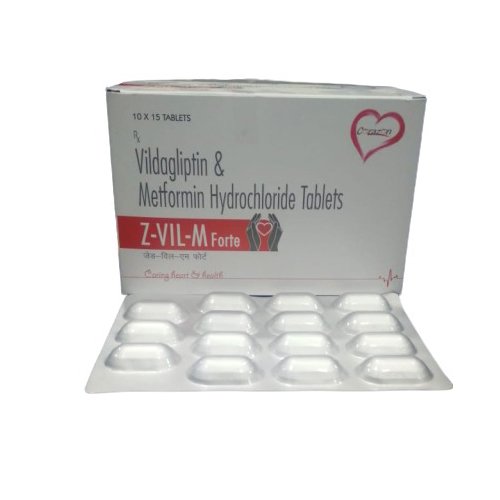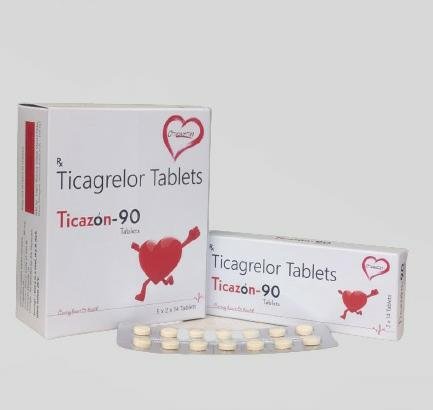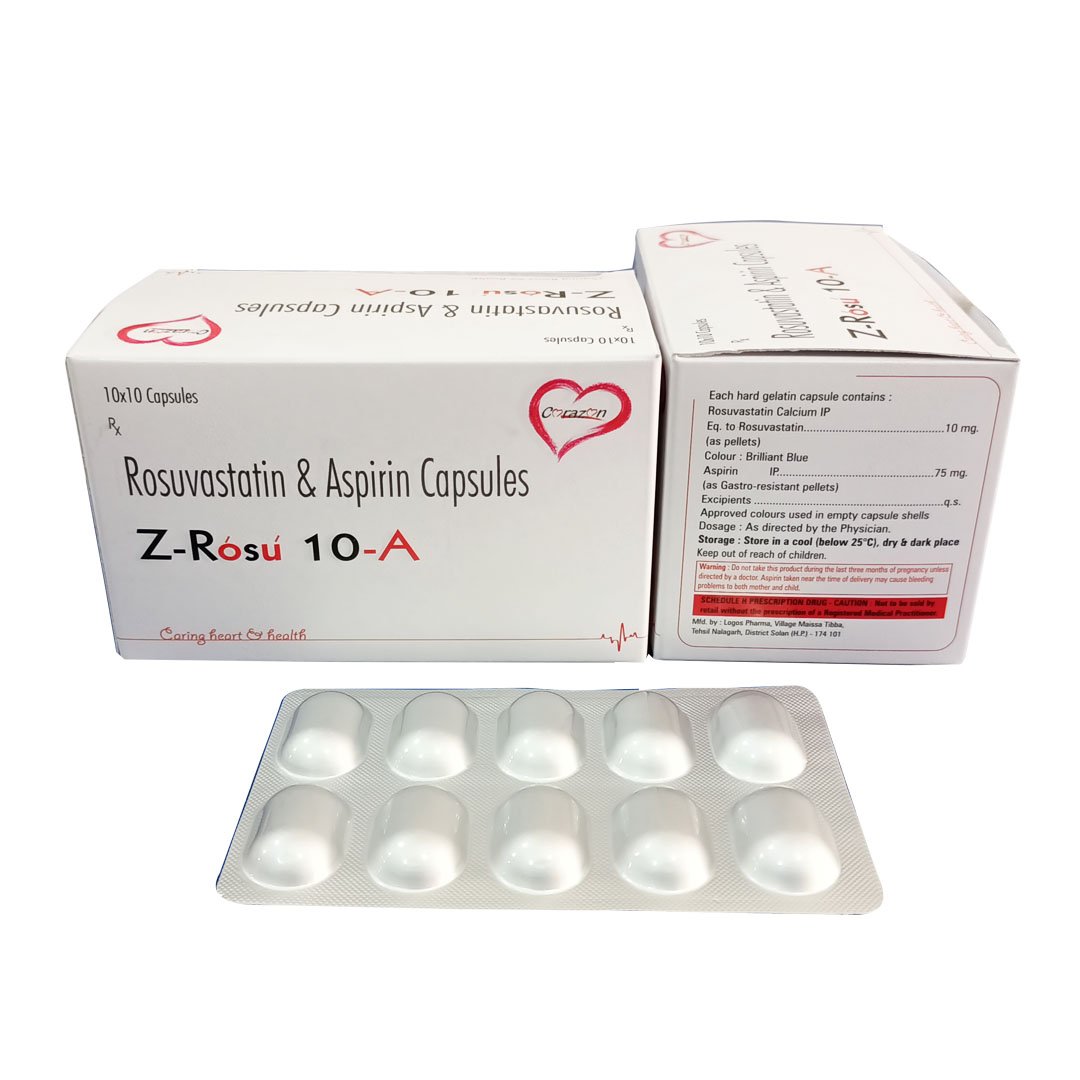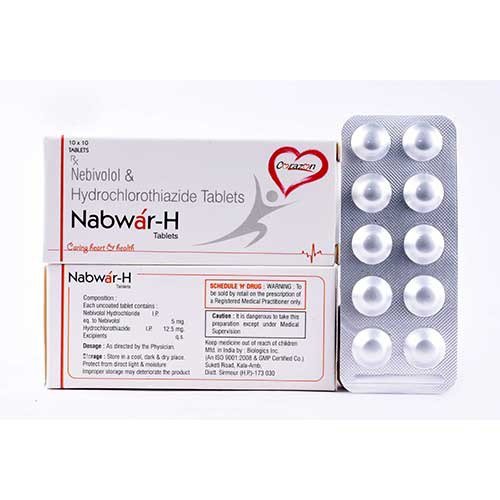Metformin 500mg Tablet
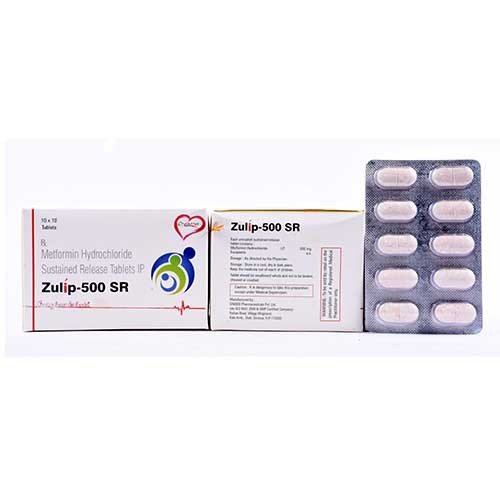
Brand Name : ZULIP-500SR
Composition : Metformin 500mg Tablet
Packing Type : 10x10
Product Price : Rs. 200
Metformin is an anti-diabetic medicine also known as biguanides used in the treatment of diabetes. The medicine helps lower the blood glucose level in type 2 diabetes patients. Type 2 diabetes is a chronic illness that affects the way our body process glucose. In this health condition either the body does not produce enough insulin or the insulin produced is unable to perform its function. Type-2 diabetes is also called adult-onset diabetes as it is most commonly seen in middle-aged and older individuals. The medicine is prescribed for type 2 diabetes when diet and exercise alone cannot control blood sugar levels. It is the line of therapy for the patient with type-2 diabetes.
Take the medicine as per the prescribed dosage and duration by the doctor. Do not crush, chew or break the tablets. Swallow the whole tablet with water. Some people may observe symptoms such as diarrhea, nausea, vomiting, or a metallic taste in the mouth, and lactic acidosis (too much lactic acid in the body) with symptoms like dizziness, drowsiness, and muscle pain. Usually, the side effects are mild to moderate and resolve over time. Inform the doctor if you are allergic to metformin or similar medicines. The medicine works best when coupled with dietary and lifestyle changes including exercise ad a healthy diet.
Uses of Metformin Tablet
Type-2 Diabetes Mellitus
Side effects of Metformin Tablet
There are mild to temporary side effects of metformin tablets. The side effects depend on the health condition and response to the therapy. Usually, the side effects resolve over time and do not require any medical attention. If the side effects persist or get severe with time, immediately consult your doctor. The list of side effects is given below:
- Digestive problems
- Nausea
- Vomiting
- Diarrhoea
- Abdominal pain
- Loss of appetite
Drug Interaction
Some drugs may interact with each other and cause unpleasant effects. Drugs may also interact with certain food items or be under the influence of certain health conditions.Interaction with Drugs:
-
anti-depressant (bupropion)
-
drugs used to treat glaucoma
-
antibiotics (cephalexin, ciprofloxacin)
-
anti-acidity drugs (cimetidine)
-
heart condition drugs (digoxin)
-
anti-HIV drugs (dolutegravir)
-
ethanol
-
saliva reducing drugs (glycopyrrolate)
-
iodinated X-ray contrast agents
-
anti-epileptic drugs (topiramate, lamotrigine)
-
heart-related chest medicine (ranolazine)
-
Other drug interactions can contribute to increased low blood sugar, including sex hormones (androgens)
-
anti-oxidant (alpha-lipoic acid)
-
painkillers (aspirin)
-
anti-TB drugs (prothionamide)
-
growth hormones (pegvisomant)
-
other antidiabetic medicines
Interaction with Diseases:
-
heart diseases (like congestive heart failure and myocardial infarction)
-
Vitamin B12 deficiency
Precautions and Warnings
Do not consume alcohol with this tablet as it may cause lactic acidosis.
The medicine is not safe for consumption by pregnant ladies as it may affect the fetus.
Lactating mothers should avoid taking this medicine as it may seep into the breast milk and affect the newborn.
Store the medicine in a cool and dry place away from direct sunlight.
Keep the medicine out of reach of children and pets. Properly dispose of expired and discarded medicines.
Frequently Asked Questions (FAQs)
Address
SCO 5-6, Zirakpur-Panchkula-Kalka Hwy, near Hotel Sunpark, Wadhawa Nagar, Dhakoli, Zirakpur, Punjab 140603
Contact No.
+91-7087571536
Email
arlakcorazon@gmail.com
